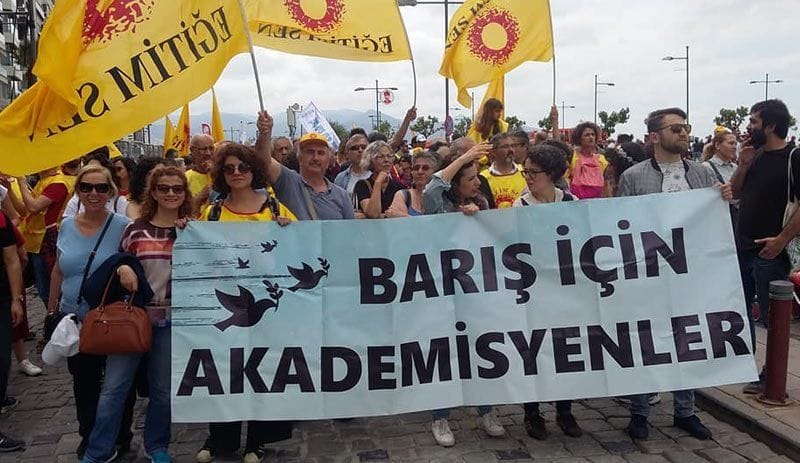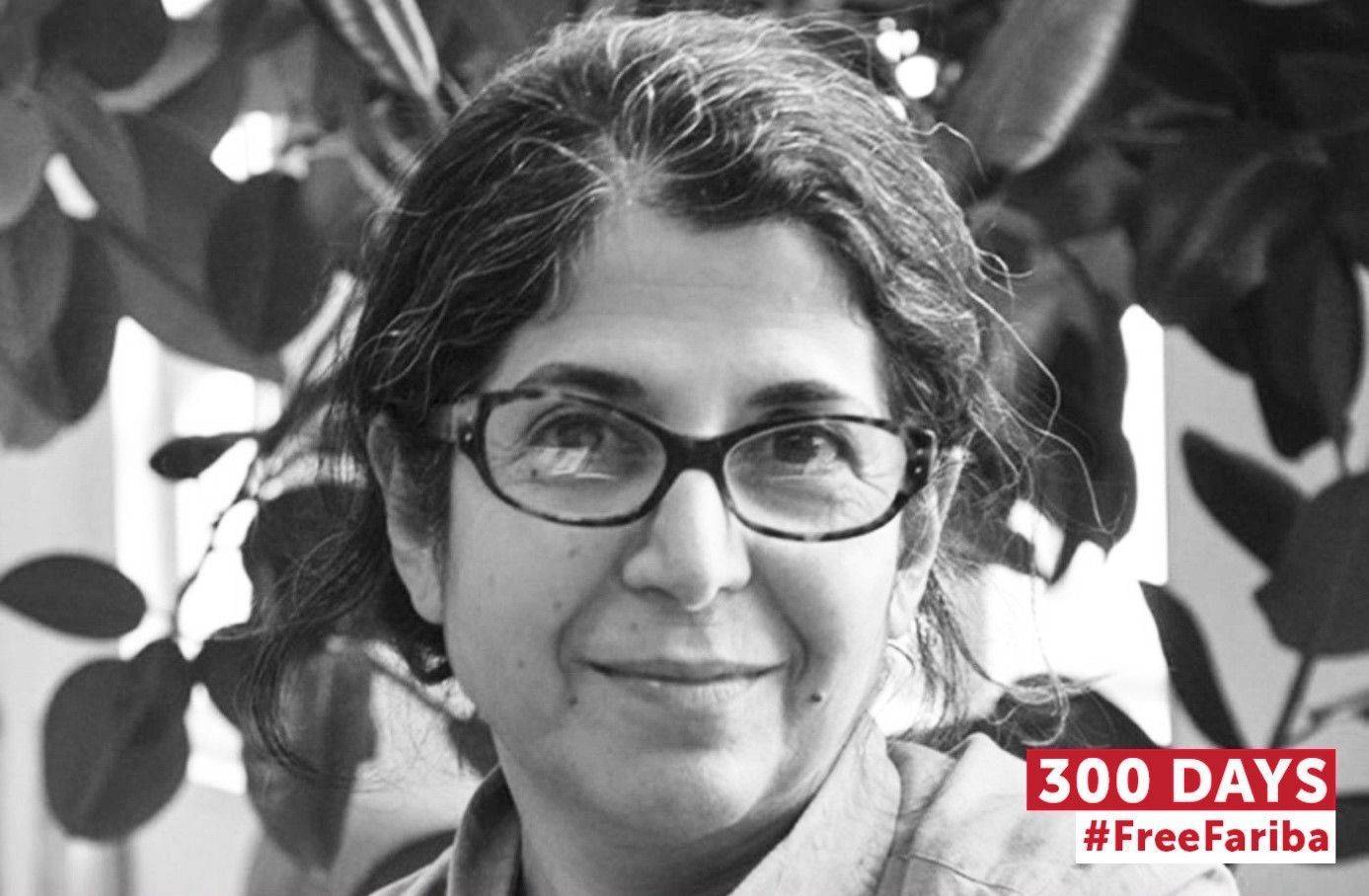The ravages of Covid-19 at a global level are under the spotlight. Everyday lives, health systems and economies are not, however, the only domains where the current pandemic makes its impact felt. Academic freedom is yet another area that is deeply affected by Covid-19. This piece aims to raise attention to this aspect that has remained so far relatively neglected.
By academic freedom I understand the right to search for truth and to publish and teach what one holds to be true. This right implies also a duty: one must not conceal any part of what one has recognized to be true. It is evident that any restriction of academic freedom acts in such a way as to hamper the dissemination of knowledge among people and thereby impedes rational judgment and action.
– Albert Einstein
Covid-19 has highlighted the problems connected to the freedom of research, that is the right to disseminate the knowledge obtained by scientific inquiry or to communicate the results of one’s research. A case in point is that of the Chinese scientists or medical professionals and journalists, who have been silenced or censored by the Chinese government because of publishing information about Covid-19. Diminishing, stigmatizing or silencing scientific research is not confined to authoritarian regimes. US President, Donald Trump, has repeatedly degraded or even bullied scientists who dared to challenge his self-proclaimed ‘natural ability for science’. This has ultimately led to denial, deception and delays in the handling of the pandemic, arguably costing hundreds of thousands of American lives.
In addition, Covid-19 also magnifies the poor management of the justice sectors worldwide, including detention and prison systems. In many countries, from the liberal-democratic to more authoritarian ones, there have been major protests among prisoners who demand the protection of their health, fearing that overcrowded detention facilities could easily turn into a hotbed of contagion. As a result, the policy of releasing the prisoners to home confinement is implemented by different countries from Iran to Indonesia. This, however, does not seem to apply to political prisoners, and most notably to academics, researchers and intellectuals who are often detained by authoritarian regimes in blatant violation of the human right to freedom of opinion and speech. For the rulers of such regimes, instead, the time of crisis can represent an opportunity to foster their controversial agendas with emergency rulings.
Turkey is a case in point. According to the Turkish Ministry of Justice, in Turkey there are (as of October 2019) 282,703 detainees in 355 prisons. According to the Turkish Human Rights Association, 1564 of the detainees are in bad health conditions, with 590 of them being extremely sick. Facing this situation, the Turkish government has prepared an “Execution Package” allowing the conditional release of those who have served half, instead of two-thirds, of their time in prison. Accordingly, for example, the person who received a 10-year sentence will be able to benefit from the conditional release provisions after serving 5 years. The Package, however, deliberately excludes political prisoners, including intellectuals. These are ranked alongside individuals convicted for drug trafficking, sexual abuse, deliberate manslaughter and “terrorist crimes”. However, it is not clear what “terrorist crimes” mean. In Turkey, in fact, many academics are sentenced on the charges of being a member of a terrorist group for signing a petition in 2016 demanding the cessation of the state of siege and the violations of human rights perpetrated by the Turkish army in the Kurdish territories of south-east Turkey, and calling for the opening of peace negotiations. Moreover, many journalists and academics are arrested because of the dissemination of scientific knowledge about human health, political and social situation of the country. As a result, today there are approximately 70.000 individuals detained for terrorist crimes, 10.000 of whom in the PKK case only, including MPs, mayors and politicians.

Egypt is another egregious case. According to Human Rights Watch, “authorities keep thousands of prisoners in abysmal conditions, where overcrowding and insufficient medical care have been systematic and may have contributed to the deteriorating health and deaths of scores of detainees.” The detention of academics, journalists and human rights activists on charges of political crimes are uncountable. As already discussed here, one of them is Patrick George Zaki, an Egyptian postgraduate student in Gender Studies at the University of Bologna who has been jailed pending trial since 7 February this year. As his trial has been repeatedly postponed, it seems that Patrick George Zaki will remain in the prison of Tora (Cairo) indefinitely. Noteworthy, Patrick George Zaki is asthmatic, hence the spread of coronavirus in detention facilities carries a serious risk for his health. Amnesty International Italy, the University of Bologna and Municipality of Bologna wrote a letter to the Italian ambassador in Egypt, Giampaolo Cantini, asking him to put pressure on the Egyptian government to release Patrick or to let him be remanded in custody at his home before trial. Although the ambassador allegedly continues his contacts with the Egyptian authorities, there is no information about the release of Patrick Zaki yet.
Iran, too, is a dangerous spot for academics, and for all the political prisoners detained in appalling conditions in times of Covid-19. According to the latest report of UN Special Rapporteur on the situation of human rights in Iran presented to the Human Rights Council, the prisons in Iran demonstrate “overcrowding, poor nutrition and a lack of hygiene”. The Iranian government has released approximately 85,000 persons from prison because of the country’s health situation. Academics and intellectuals are not included. Among them is Dr. Ahmadreza Djalali, a scholar, doctor and lecturer in disaster medicine who has been convicted and sentenced to death in 2017 on charges of espionage. Given his expertise, he could have contributed to the fight against Covid-19 from the battlefront of a scientific lab. But according to UN human rights spokesman Rupert Colville, only “very few political prisoners are among the thousands that have been released in Iran”. Despite the fact that Dr. Djalali has dual nationality (Iranian-Swedish), he is not considered as a foreign citizen. In March, however, the Iranian government has released (most likely in an exchange of prisoners) the French sociologist Roland Marchal who was arrested with his colleague, Fariba Adelkhah, in June 2019 and held in Tehran on charges of violating state security laws. French authorities also demanded the release of Fariba Adelkhah who is a Franco-Iranian anthropologist. Advocacy initiatives for her release are also supported by the University of Turin, which signed a motion for her liberation alongside French universities and academics.

These examples show that in many western countries there are solidarity initiatives in favor of scholars at risk. One of them is SAR (the Scholars at Risk Network). SAR has the goal of protecting threatened scholars and promoting academic freedom. Over 500 universities from 40 different countries are members of SAR. Among them are Italian universities, which launched the Scholars at Risk-Italy section at the University of Padova on February 19, 2019. With 20 Italian universities among its members, SAR-Italy aims to sustain economically those whose academic freedom is at risk in their countries of origin, and who have to migrate and ask asylum on the ground of their academic status. For this purpose, the member universities have supported the researchers at risk through a variety of protection projects: the University of Macerata (2016) hosted a scholar at risk as a visiting research fellow; the University of Padova (2017-18, 2020-21) awarded a research grant by a direct call; the University of Trento (2020-22) offered a scholarship with a multi-thematic call; the Scuola Normale Superiore (2020-21) supported a scholar with a research fellowship on the external financing (Associazione Amici della SNS and Tuscany region). Moreover, SAR-Italy undertakes some academic activities on the topics of concern of its associates, such as seminars, conferences, lectures and speaking series. Most importantly, SAR-Italy advocates in favor of academic freedom by petition. To this end, the member universities of SAR-Italy have penned a petition for Patrick George Zaki supported by their rectors. Twelve rectors have already signed this petition. When academic freedom is under threat, academic solidarity is needed more than ever. The overlapping with other emergencies and security crises, such as Covid-19, only make such an endeavor more, not less, urgent.
Acknowledgments
Cover photo: demonstration by Academics for Peace outside Istanbul's tribunals in solidarity with those arrested (2019), from http://www.sosyaldemokratdergi.org/ece-oztan-sozun-basladigi-yerdeyiz/

